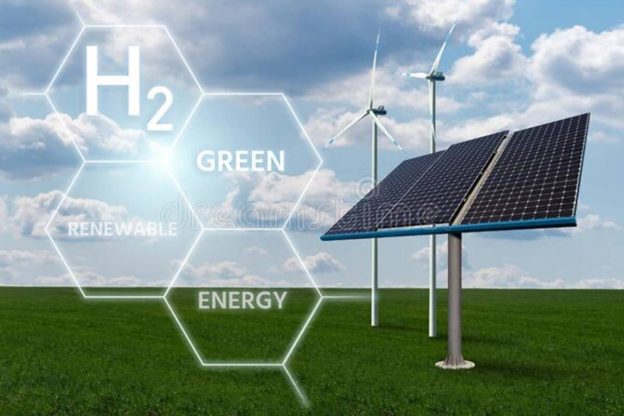ESG investing and the ethics of turning ‘tools’ into ‘jewels’
Investors claiming to care about ESG shouldn’t be trying to boost their returns by hoarding the commodities needed for a decarbonised world.
Investors claiming to care about ESG shouldn’t be trying to boost their returns by hoarding the commodities needed for a decarbonised world.
Investors claiming to care about ESG shouldn’t be trying to boost their returns by hoarding the commodities needed for a decarbonised world.
that there is a recognisable cycle between the relative value of financial assets versus real assets that today’s currency debasement is more likely to continue than reverse, dimming the prospects for financial assets. This leaves real assets, or “jewels”, with brighter prospects.
AdvertisementSecond, inflationary pressures weigh heavily on tools but boost the value of jewels. This is evident today with housing, collectibles, artwork and NFTs all receiving a boost as inflation builds.However, from the perspective of the world’s largest asset owners, herding into jewels is not straightforward. Many real asset classes are simply too small (French wine), too idiosyncratic (artworks) or too fragmented (residential housing) to serve as an alternative to large liquid financial markets.
There is, however, a real asset class that might fit the bill: commodities. Agricultural and mining commodity markets are large, homogeneous and liquid, and have the key desirable trait of jewels: their supply is inelastic.Ethics of commodity investing headtopics.com
 Queensland premier orders review into ethics of public service decision-making
Queensland premier orders review into ethics of public service decision-making
But going back to ESG, are there ethical considerations in investing in commodities?There are social considerations about investing in non-productive assets. Asset owners are increasingly worried about the positive impact of their investments, and mapping their investments against SDGs (sustainable development goals) and measuring their impact.
AdvertisementThis is because fund beneficiaries increasingly care about how their capital is being used to create jobs, or new technologies to cure diseases, or affordable housing, etc. That expectation is growing particularly among younger demographics. Investing in non-productive jewels has no impact on these aims.
Production of food and metals can definitely contribute to these goals, so is investing in commodities ESG-friendly? Unfortunately, there is an inbuilt conundrum.Commodities have value because they are scarce, and (with the notable exception of gold) because of their real-world utility. In the real world, they are tools – they can be used to feed people, to manufacture electric vehicles and to create the infrastructure for a decarbonised world.
 Queensland researchers trial a tool which uses satellite data to predict calving | 7NEWS
Queensland researchers trial a tool which uses satellite data to predict calving | 7NEWS
When investors financialise them, and turn them into jewels, they prevent that activity, or at least make it more expensive than it would otherwise be.While moderate two-way trade in commodity futures may dampen volatility to the benefit of all participants, buying up commodity futures in size pushes up pricing for commodity consumers. So whereas an investment in BHP promotes the production of the copper and nickel that the world needs to decarbonise, investing directly in copper and nickel pressures the economics of decarbonisation projects. headtopics.com
($139 trillion), but if the world’s investors attempt to boost their returns by hoarding the key inputs to that transition, the cost will be much, much higher, and the likelihood of success that much lower.AdvertisementThere is already an intergenerational aspect to the need to decarbonise. What a tragedy it would be if older generations, which contributed most to the dangerous build-up of carbon in the atmosphere, were to add insult to injury by now attempting to profit from hoarding the necessary inputs to decarbonise.
The answer to “the peasants can’t afford to decarbonise” cannot be “let them buy palladium futures”.Kate Howitt is portfolio manager of the Fidelity Australian Opportunities Fund.is portfolio manager of the Fidelity Australian Opportunities Fund.
https://headtopics.com/au/esg-investing-and-the-ethics-of-turning-tools-into-jewels-24205610





